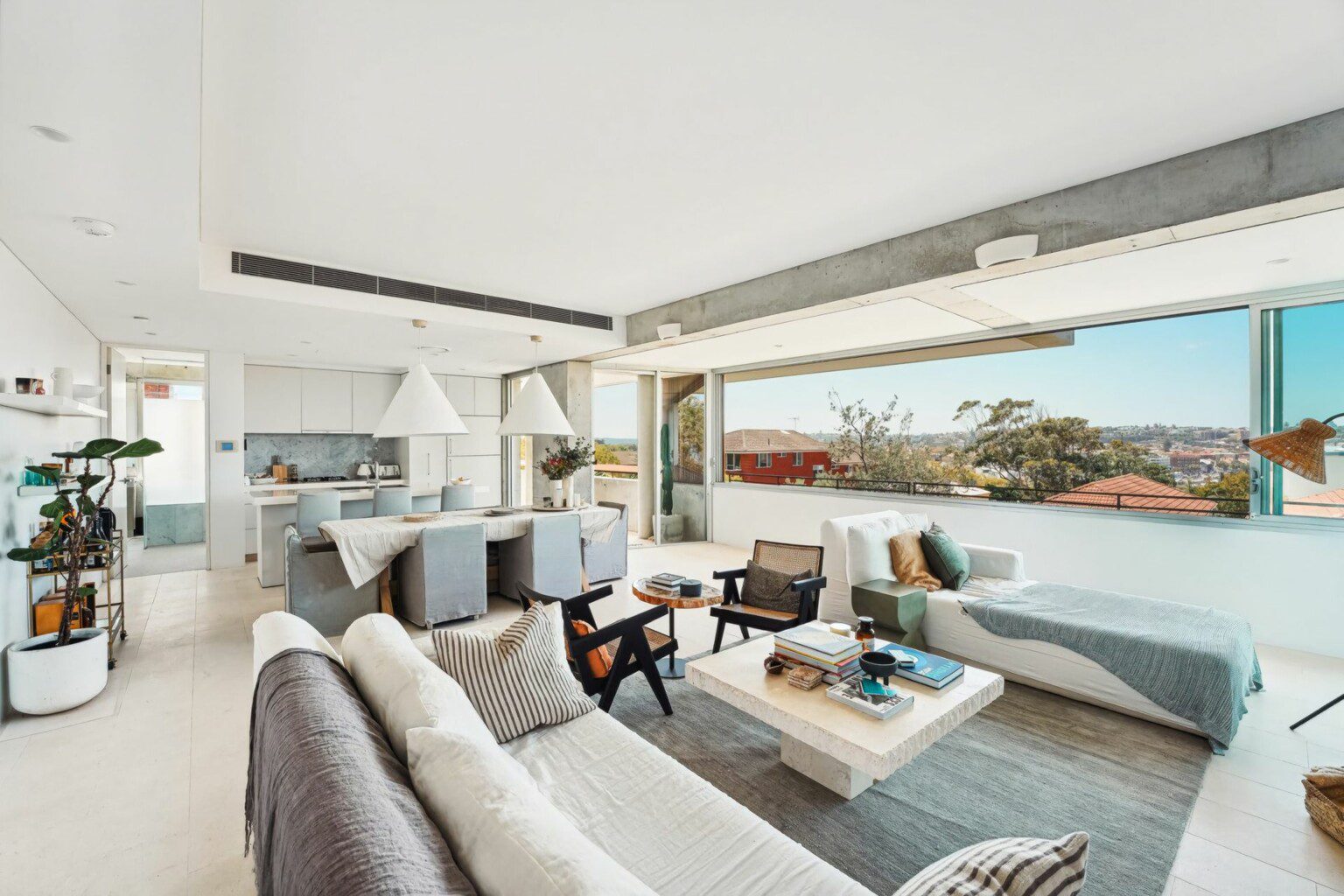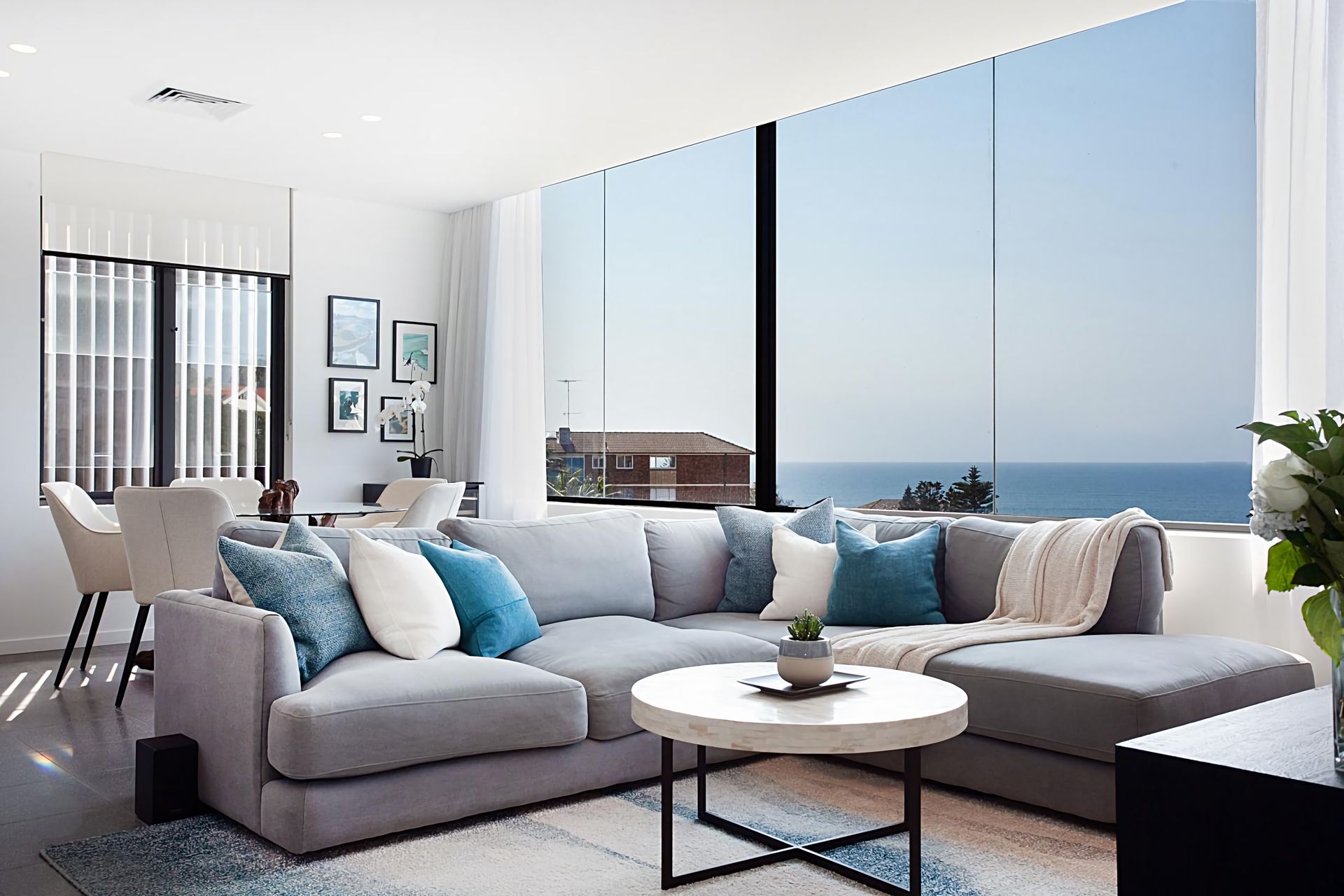The 2025 short-term rental regulations in Australia are reshaping how hosts operate, especially in hot zones like Victoria, NSW, and inner Melbourne. With new nightcaps, compliance registers, and levies already in place, these reforms are designed to curb housing shortages and address mounting pressure from local councils. The call to understand and comply with these changes is not optional but essential for property owners.
Why are the laws changing? – and who’s affected?
There are several reasons for the sudden push to regulate short-term rentals. Here is why:
- Affordability issues: Limited long-term rental supply has led governments to tighten STR controls.
- Airbnb saturation: Some areas are facing worsening housing crises, hence the stricter nightcaps.
- Tourism concerns: Increased noise complaints have led councils to enforce tighter oversight.
- Investor reactions: New levies and caps have caused some to exit the market.
What is changing in NSW?
Significant compliance changes are coming for short-term rental hosts in NSW, particularly in high-demand areas.
Byron Shire 60-Night Cap
From 23 September 2024, non-hosted STRA properties in most of Byron Shire will be limited to 60 nights per year. This is a reduction from the previous 180-day cap on short-term rentals. However, properties located within designated 365-day precincts in Byron Bay town centre and Brunswick Heads are exempt and may continue operating year-round. (Byron Shire Council)
Mandatory STRA Registration
All short-term rental properties must be registered via the NSW Planning Portal before being advertised or offered for short-term rental. Failure to register may result in delisting from booking platforms and potential fines. (NSW Government)
Fire Safety Compliance
Hosts are required to comply with the STRA Fire Safety Standard, which includes:
- Installing smoke alarms in accordance with AS 3786.
- Displaying evacuation diagrams at the entrance and in each bedroom.
- Ensure the presence of fire extinguishers and fire blankets in the kitchen.
These measures are mandatory for both hosted and non-hosted listings.
Local Council Authority
Councils have the authority to impose additional restrictions through Local Environmental Plans (LEPs). For instance, some Sydney councils may introduce zoning regulations that limit STRA operations in certain residential buildings or apartment complexes.
These regulatory updates aim to standardise STRA operations across NSW and improve housing availability. Whether you are listing a coastal retreat or a city apartment, understanding and complying with these regulations is essential for legal operation.
What is changing in VIC?
Victoria’s short-stay market is facing some of the most sweeping reforms in Australia. A statewide 180-night cap on unhosted STRAs is already in place, but some councils, such as those in Mornington Peninsula and inner Melbourne, are now moving to cut that down to just 90 nights per year. The aim is to ease local housing pressure in popular but supply-strained regions (NSW Government).
From 1 January 2025, a 7.5% Short Stay Levy was applied to all bookings under 28 days. This levy is automatically deducted from most earnings by platforms like Airbnb and Stayz and will fund affordable housing initiatives across the state. For hosts managing bookings directly, manual reporting and payment to the State Revenue Office are required.
You should also keep in mind that the VIC short-stay rules have an impact on most investment strategies. Property investors may find the new conditions restrictive, especially those who rely on short-term income to cover mortgage repayments. These constraints, along with administrative demands, could push many toward more stable long-term rental models.
Collectively, Victoria holiday rental restrictions reflect a clear policy shift, which reduces the number of STRA properties in key markets to improve access and affordability for long-term residents. For hosts, it is a decisive moment to re-evaluate their approach to short-term letting.
What does this mean for STR Hosts and property owners
The impact of these new regulations is both financial and operational. Unhosted listings in areas like Byron Shire could lose over 300 potential rental nights each year due to strict nightcaps, which slash income for many hosts. Add to that the 7.5% levy in VIC, and the pressure on margins increases further.
Hosts now face greater compliance obligations, from STRA registration and council permits to safety audits and zoning rules. Those managing multiple properties already feel the weight of administration and the risk of penalties for non-compliance.
The rental income forecast for 2025 suggests continued pressure, with many owners rethinking the viability of STR models and pivoting toward long-term leases. For investors, this marks a shift in the landscape: property investor risk management now requires close attention to local legislation, seasonal caps, and council-by-council differences. What worked last year may no longer hold in 2025.
How do you stay compliant?
In NSW, hosts must register their property through the STRA portal, display a valid PID number, and meet strict fire safety requirements, including evacuation diagrams and smoke alarm compliance. In VIC, annual council registration and reporting are now standard in many LGAs, with permit requirements depending on location.
These real estate legislation changes in 2025 have made part-time or ad hoc Airbnb hosting harder to sustain. You need documented approvals, consistent updates, and accurate listing information to avoid penalties or deactivation.
It is also smart to factor in Airbnb tax implications for 2025, from Victoria’s 7.5% levy to potential deductions and reporting obligations. If you are unsure how these changes apply to your property, consider speaking with a legal adviser or partnering with an Airbnb management company familiar with local short-stay laws.
Not eligible to rent year-round? Here’s what you can do
If nightcaps or local council limits restrict your ability to host year-round, you still have options. Medium-term leasing, typically 3 to 6 months, is increasingly popular with families relocating to Sydney or remote workers needing flexible stays. You can also partner with a licensed STR management company that already operates within compliance limits.
Another option is to reclassify your property for student housing, corporate travel, or longer leases to help maintain steady returns. You can also block your calendar to focus on peak demand periods, such as Vivid Sydney or school holidays, while offering discounts during quieter weeks to maintain strong occupancy. These adjustments ensure your investment remains active, even under tighter regulations.
You might be interested to know more about Why travellers prefer short-term rentals over hotels?
Make sure you’re covered: How to stay legally protected?
Staying legally protected starts with knowing your zoning and registration status. In NSW, use the STRA Planning Portal to confirm eligibility and renew your STRA listing annually. In Victoria, check with your local council for current permit and reporting obligations, as these requirements vary widely between LGAs.
It is also smart to keep documentation up to date: proof of guest stays, fire safety compliance, and insurance details. If any part of the process feels unclear, speak to a solicitor or an experienced short-stay manager who knows the local landscape.
The Australian short-let market outlook suggests that while supply may shrink under these new rules, compliant hosts who refine their strategies and maintain high standards are more likely to succeed in this tighter, more competitive environment.
Get personalised management solutions for your property with L’Abode Accommodation.
If recent legal changes have made managing your Airbnb feel overwhelming, L’Abode Accommodation offers a smart solution. Our team provides full-service property management across Sydney, Melbourne, and other major cities, and it handles everything from compliance and guest communication to cleaning, styling, and pricing strategy. We stay on top of legislative shifts to ensure your listing remains compliant and competitive.
Whether you are a hands-off investor or simply tight on time, partnering with us at L’Abode ensures your short-term rental continues to perform, even in a tougher market.


